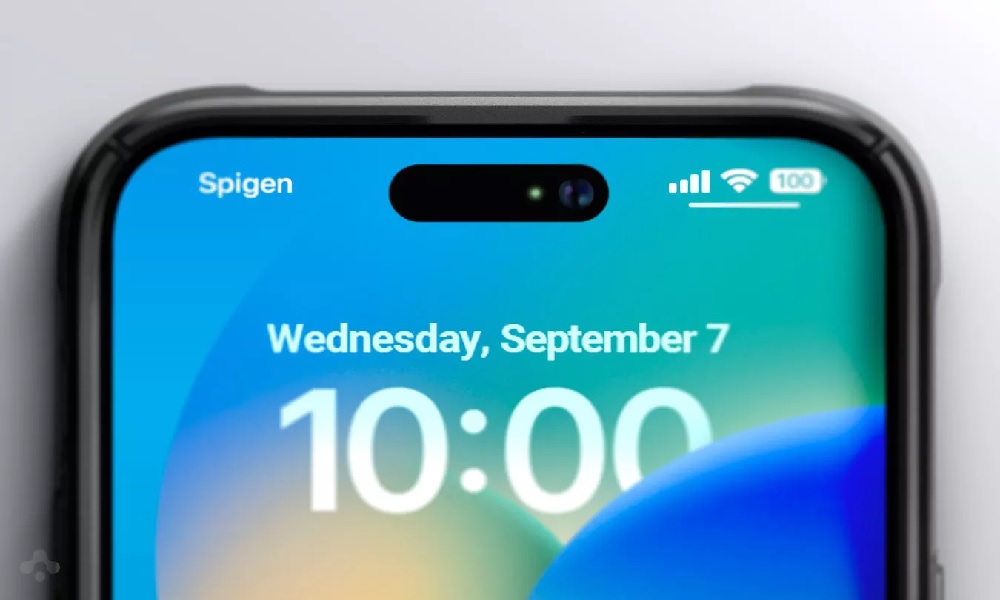Spam calls are becoming an increasing problem in our daily lives. They can be incredibly frustrating and can waste our time and energy. They are often associated with phishing attempts, scams, and other fraudulent activities. This article will discuss the best methods to stop spam calls and reduce their impact on our daily lives.
Method 1: Block Unknown or Suspected Spam Numbers
The first method to stop spam calls is to block unknown or suspected spam numbers. This is an effective way to avoid answering calls from scammers and telemarketers. Most smartphones have a built-in feature that allows you to block phone numbers. Simply add the number to your blocked list, and you won’t receive any further calls or messages from that number.
Method 2: Use Call Screening Services
Call screening services allow you to screen your calls and determine which ones you want to answer. The service allows you to screen calls automatically and transcribe the caller’s message. You can then choose to answer the call, block the number, or mark the call as spam.
Method 3: Register Your Phone Number with the National Do Not Call Registry
The National Do Not Call Registry is a free service provided by the Federal Trade Commission (FTC). By registering your phone number with the registry, you can reduce the number of marketing calls you receive. Telemarketers are expected by law to stop calling you once your number is on the list. However, this may not stop all spam calls, as scammers may not adhere to the law.
Method 4: Use Third-Party Apps
There are several third-party apps available that can help you put an end to spam calls. These apps use a database of known spam numbers to identify and block incoming calls. Some popular apps include Truecaller, Hiya, and RoboKiller. These apps also allow you to report spam calls and contribute to the database, helping to improve the service for all users.
Method 5: Do Not Answer or Engage in Spam Calls
One of the simplest methods to stop spam calls is to not answer or engage with them. If you receive a call from an unknown or suspicious number, let it go to voicemail. If it’s an important call, the caller will leave a message. Do not engage with spam callers, as this can lead to more calls in the future. Additionally, do not provide personal information to the caller, such as your name, address, or social security number.
Method 6: Be Vigilant and Educate Yourself
Finally, it’s important to be vigilant and educate yourself about spam calls. Scammers are constantly finding new ways to deceive people and obtain personal information. Stay up to date with the latest scams and tactics, and educate yourself on how to identify and report them. Additionally, be cautious when providing personal information over the phone, especially if you did not initiate the call.
Conclusion
In conclusion, spam calls can be a nuisance and a potential threat to our personal information. However, there are several effective methods to stop them, including blocking unknown or suspected spam numbers, using call screening services, registering your phone number with the National Do Not Call Registry, using third-party apps, not answering or engaging with spam calls, and being vigilant and educated. By implementing these methods, you can reduce the impact of spam calls on your daily life and protect your personal information.





